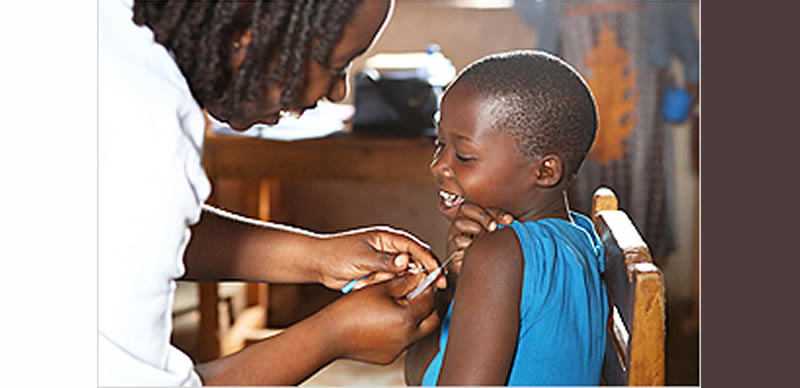
THE revelation by the World Health Organisation that Nigeria and four other countries contributed to the five million new cases of malaria in the world from 2020 to 2022 demonstrates the stark reality that much more efforts are required to stamp out the disease in the country. The Minister of Health and Social Welfare, Ali Pate, should reactivate the national anti-malaria programmes and coordinate with state and local governments to defeat the killer disease.
Worldwide, new infections were 247 million in 2021, compared to 245 million in 2020, and 232 million in 2019, according to UNICEF. The sharp increases were blamed on the laxity of Nigeria, Pakistan, Ethiopia, Uganda, and Papua New Guinea.
In its 2023 World Malaria Report, the WHO also attributed spike to a combination of factors, including catastrophic weather events, population growth, conflicts and forced migration.
Although the global health agency noted the estimated 249 million cases reported in 2022, the number of lives lost to malaria saw a marginal decline when compared to 2021 at 608,000 deaths, but still significantly higher than in 2019, when malaria killed 576,000 persons worldwide.
Explaining that progress was currently too slow to meet 2030 goals on malaria, the report stated that the global health community urgently needs to accelerate progress to meet the 2030 malaria elimination goals.
Progress, it added, had stalled since COVID-19 and as a result, the effort to reduce the annual global malaria incidence and mortality rate had fallen significantly short of 2022 targets.
Malaria is an endemic disease in Nigeria, with 97 per cent of the population at risk. The federal and state governments should step up eradication efforts and channel adequate resources for that purpose.
At the same time, a 42 per cent Intermittent Preventive Treatment in pregnancy coverage indicates that too many pregnant women are still missing out on malaria prevention treatment.
Malaria is a major public health problem in Nigeria; the country has the highest burden of malaria globally with almost 27 per cent of world’s total cases. In 2021, says the WHO, it recorded an estimated 68 million cases and 194,000 deaths. Complacency is fatal.
Since the Nigeria End Malaria Council was launched in 2021, not much progress has been made. Meanwhile, latest statistics by the global Alliance for Malaria Prevention showed that about three billion insecticide-treated nets have been shipped worldwide since 2004. More than 190 million ITNs were distributed globally by National Malaria Programmes in malaria-endemic countries, 180 million of them in sub-Saharan Africa.
In Nigeria, corruption disrupts mosquito net distribution. When these nets arrive in Nigeria from international donor agencies, they end up in the markets, stolen by officials and health workers.
The growing number of malaria cases demonstrates that the world is in the throes of accumulated threats. Climate change has both directly and indirectly affected malaria transmission.
Mosquito breeding grounds are changing. Nigeria must therefore prepare. Pate should use his connections in the international health community to make Nigeria malaria-free.
Many African countries are already trying out the newly-released malaria vaccines. Nigeria should acquire them in abundance.
The WHO’s historic malaria vaccine developed in Africa and by African scientists, recommended for children in sub-Saharan Africa must benefit Nigerian children through pragmatic government intervention. With rising inflation, the cost of medication for treating malaria has increased by almost 300 per cent.
Nigeria needs to intensify research and development in malaria vaccines. The country should not continue to depend on others to develop remedies that afflict so many of its citizens.
Governments, state and federal, companies, universities and charities should fund research into age-old herbal remedies for malaria and other tropical diseases.





